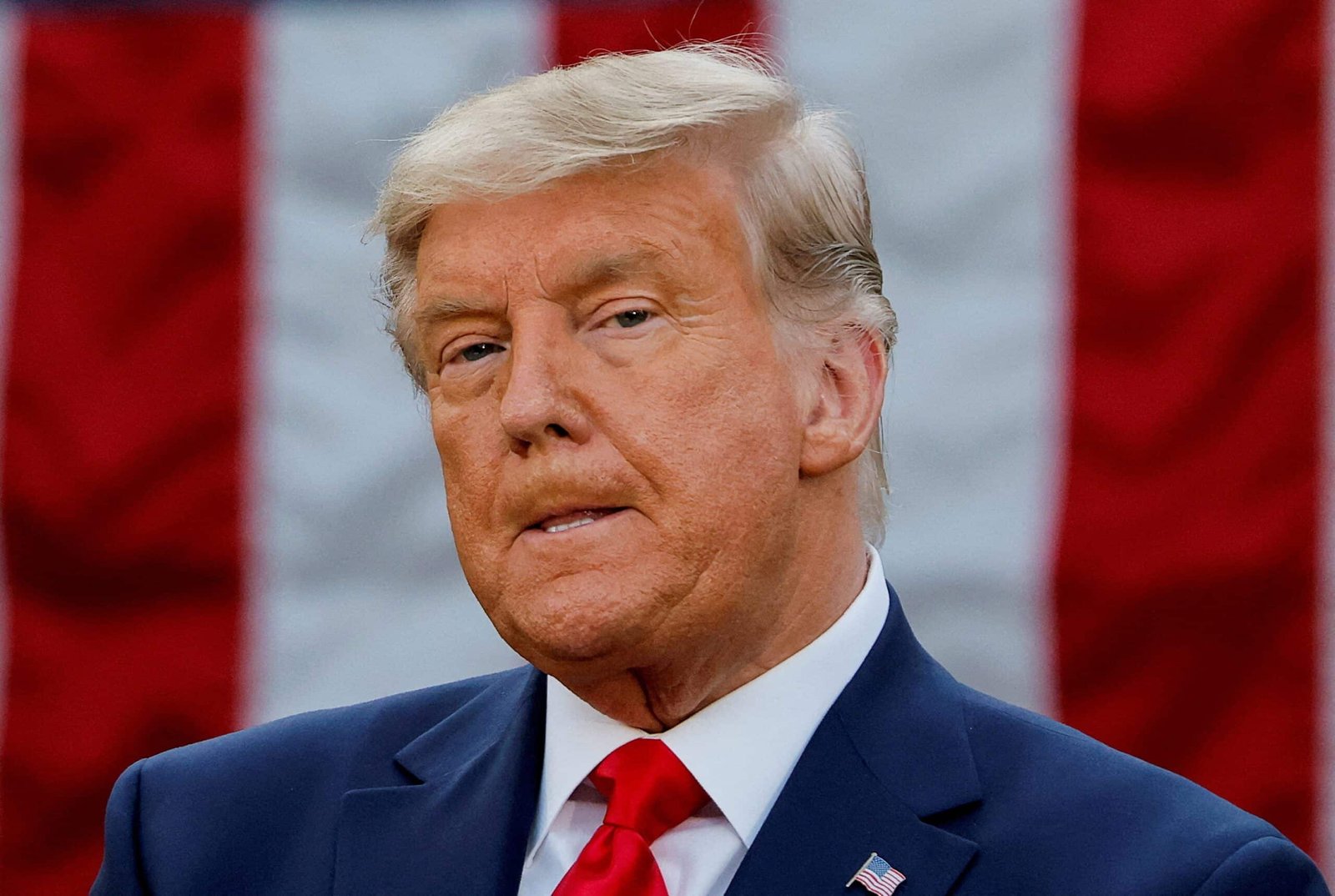In a landmark development, the European Union (EU) Member States have given their approval to the world’s first comprehensive set of rules governing cryptocurrencies. This significant move by the EU aims to establish a clear regulatory framework for digital assets and promote investor protection while fostering innovation in the rapidly evolving cryptocurrency industry.
The approval of these rules comes as governments and regulators worldwide grapple with the challenges posed by the proliferation of cryptocurrencies and their potential impact on traditional financial systems. The EU’s initiative demonstrates its commitment to addressing these challenges proactively and creating a harmonized approach across member states.
Under the new rules, cryptocurrency service providers operating within the EU will be required to comply with a set of stringent regulations aimed at preventing money laundering, terrorist financing, and other illicit activities. The framework also seeks to enhance consumer protection by imposing robust safeguards, such as mandatory identification requirements for users and measures to ensure the security of crypto assets.
Additionally, the rules introduce a licensing regime for cryptocurrency exchanges, custodian wallet providers, and other crypto-related businesses. By obtaining a license, these entities will be able to operate legally within the EU while adhering to specific standards and regulations, thus ensuring greater accountability and transparency in the sector.
The comprehensive nature of these rules is seen as a significant step forward in regulating the cryptocurrency market, which has long faced criticism for its lack of oversight and susceptibility to fraud and market manipulation. By setting clear guidelines and imposing compliance obligations, the EU aims to mitigate these risks and build trust among investors and market participants.
Moreover, the introduction of a unified regulatory framework across EU member states will help prevent regulatory arbitrage, where businesses seek out jurisdictions with less stringent regulations to operate from. This harmonisation will create a level playing field for all cryptocurrency service providers within the EU and foster a more transparent and stable market environment.
The approval of these rules has been met with mixed reactions from various stakeholders in the cryptocurrency industry. While proponents of regulation argue that it will bring much-needed legitimacy to the sector and attract institutional investors, critics express concerns over potential stifling of innovation and increased compliance costs for small and emerging businesses.
However, the EU officials behind the regulations have emphasized the need for balanced and proportionate measures, highlighting that the rules aim to provide clarity and legal certainty rather than impede innovation. They believe that an appropriately regulated crypto market can coexist with technological advancements and contribute to the EU’s broader digital transformation objectives.
The EU’s move to establish comprehensive crypto rules also aligns with the global trend towards increased regulation in the cryptocurrency space. Countries such as the United States, Japan, and Singapore have implemented or proposed regulatory frameworks to address the challenges posed by cryptocurrencies and protect investors.
As the world’s first comprehensive set of rules, the EU’s initiative could set a precedent for other jurisdictions grappling with similar regulatory dilemmas. The standardized approach taken by the EU could serve as a blueprint for global collaboration and coordination in addressing the opportunities and risks associated with cryptocurrencies.
While the approved rules mark a significant milestone, their implementation will require careful coordination among EU member states. The regulations are expected to be transposed into national laws within each member state, allowing for local adaptation while maintaining the core principles and objectives of the EU framework.
The impact of these rules on the broader cryptocurrency ecosystem and its participants remains to be seen. However, with the approval of the world’s first comprehensive crypto rules, the EU has taken a bold step towards bringing digital assets into the mainstream and ensuring their responsible integration into the global financial system.
In conclusion, the European Union’s approval of the world’s first comprehensive set of crypto rules represents a significant milestone in the regulation of cryptocurrencies. The new framework seeks to establish clear guidelines, enhance consumer protection, and foster innovation in the rapidly evolving cryptocurrency industry. As the EU takes the lead in setting regulatory







